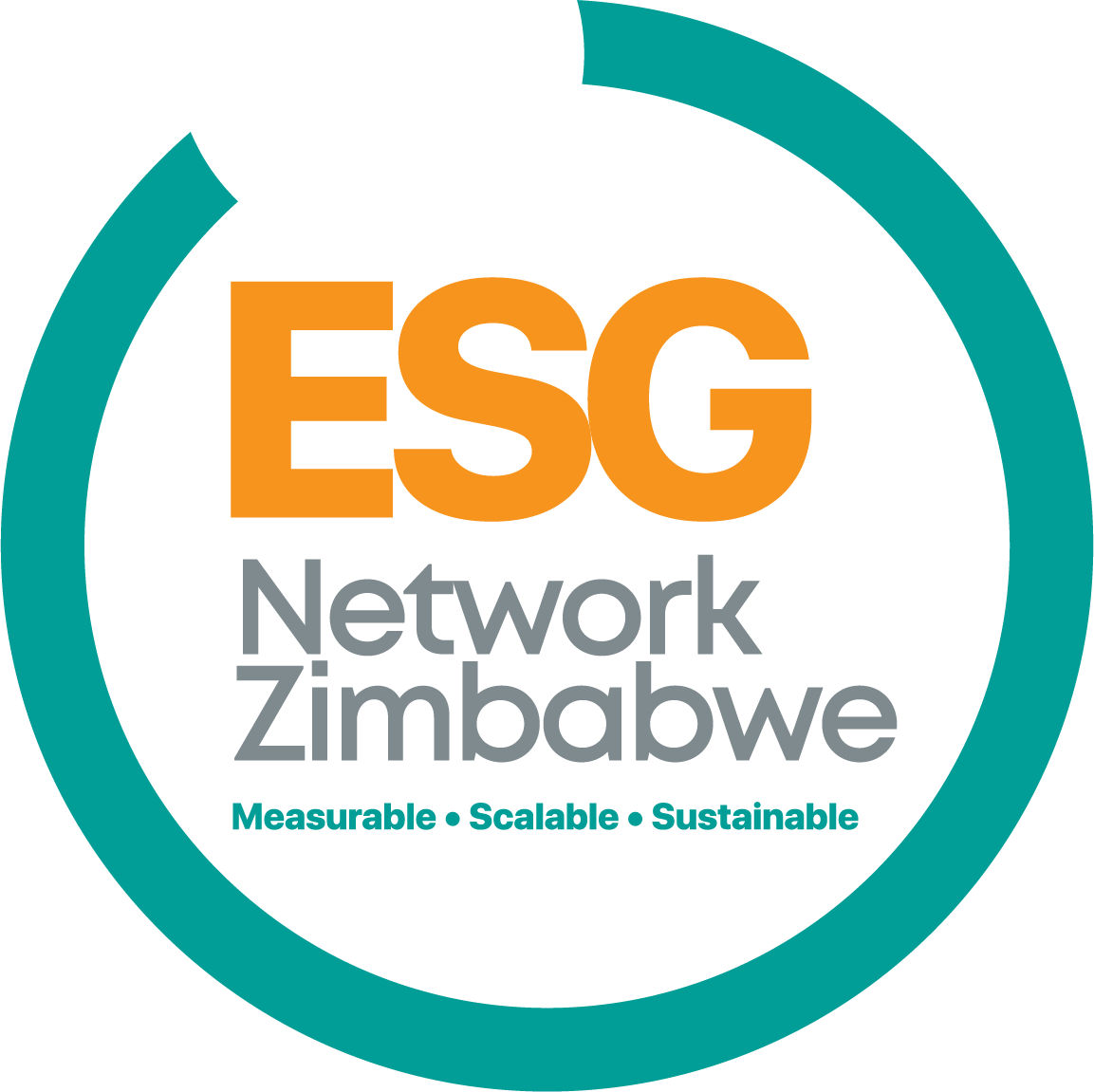The consequences of greenwashing can be severe and far-reaching, affecting not only the environment but also the reputation of companies and the trust of consumers. Here are some of the potential consequences of greenwashing:
Environmental Consequences
1.Delayed Environmental Progress: Greenwashing can distract from real environmental issues and delay meaningful action to address them.
2. Increased Environmental Harm: By creating a false sense of security, greenwashing can lead to increased environmental harm as companies and consumers become complacent.
3. Resource Depletion: Greenwashing can perpetuate the consumption of resources, leading to their depletion and exacerbating environmental problems.
4. Missed Opportunities: Greenwashing can also miss opportunities for genuine sustainability and environmental improvement. By focusing on publicity rather than actual environmental action, companies can miss out on the benefits of sustainability, such as cost savings, improved brand reputation, and increased competitiveness.
Reputational Consequences
1.Loss of Trust: When greenwashing is exposed, companies can suffer a loss of trust among consumers, investors, and stakeholders.
2. Damage to Brand Reputation: Greenwashing can damage a company’s brand reputation, leading to a loss of customers and revenue.
3. Financial Consequences: Companies found guilty of greenwashing can face financial penalties, fines, and lawsuits.
Social Consequences
1. Misleading Consumers: Greenwashing can mislead consumers into making purchasing decisions that are not aligned with their values or environmental goals.
2. Undermining Sustainable Practices: Greenwashing can undermine genuine sustainable practices and initiatives, making it harder for companies to implement meaningful environmental changes.
3. Eroding Public Confidence: Greenwashing can erode public confidence in environmental claims and certifications, making it harder for companies to communicate their genuine environmental efforts.
4. Customers start to switch off. This is particularly problematic for companies that are genuinely trying to become more sustainable.
Regulatory Consequences
1. Increased Regulation: Greenwashing can lead to increased regulation and oversight, as governments seek to prevent false environmental claims.
2. Fines and Penalties: Companies found guilty of greenwashing can face fines and penalties from regulatory bodies.
3. Legal Action: Greenwashing can lead to legal action from consumers, investors, or other stakeholders who feel misled or deceived.
Recommendations
1. Strengthen Regulatory Frameworks: The Zimbabwean government should establish a comprehensive regulatory framework to govern environmental claims and advertising.
2. Increase Public Awareness: Public awareness campaigns can help educate Zimbabweans about the concept of greenwashing and how to identify it.
3. Encourage Genuine Sustainability: Companies should prioritize genuine sustainability and environmental improvement over publicity. This can involve investing in renewable energy, reducing waste, and implementing sustainable supply chain practices.
Get Involved
If you’re interested in learning more about ESG or would like to collaborate with us, please contact us at on admin@esgnetworkzimbabwe.co.zw, or simply call us on 0774768895.
Stay Connected
Follow us on social media to stay updated on the latest ESG news, events, and resources





